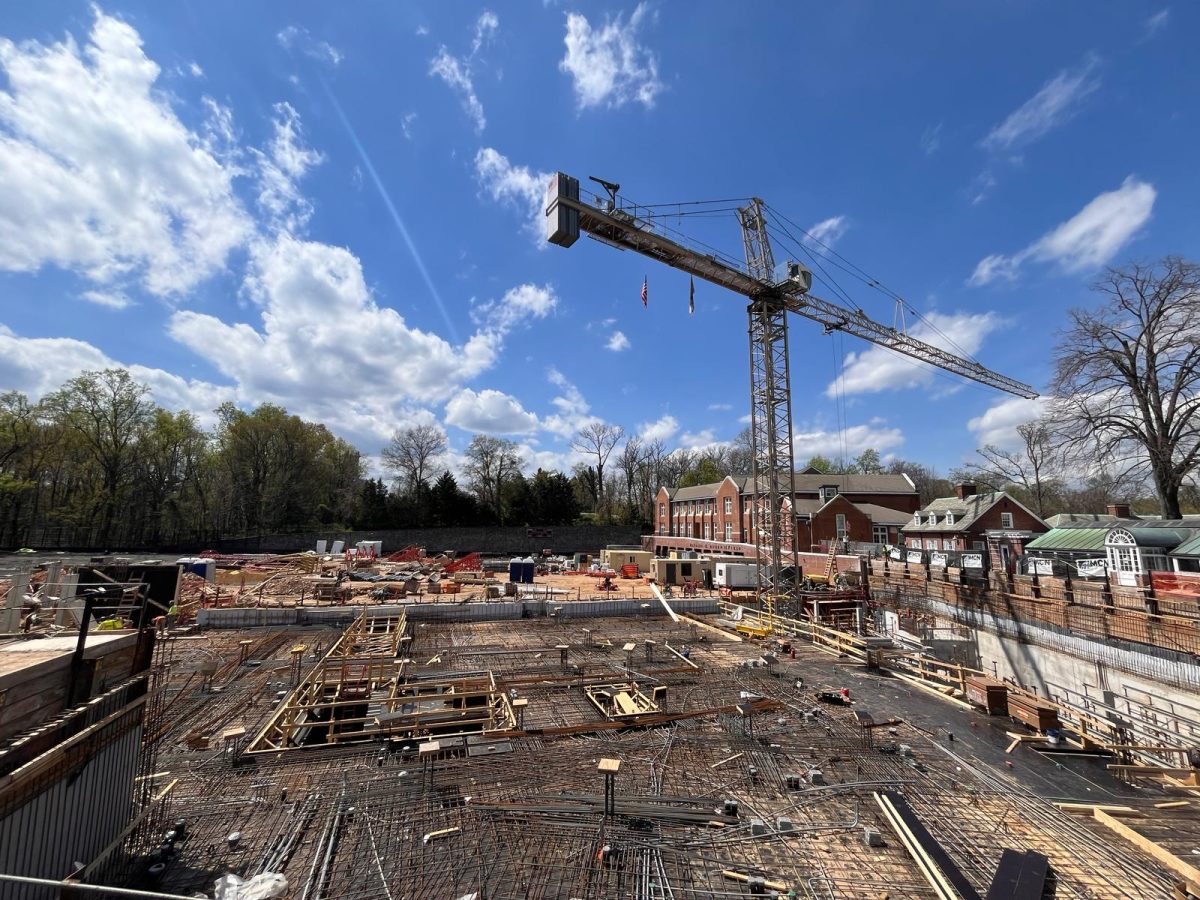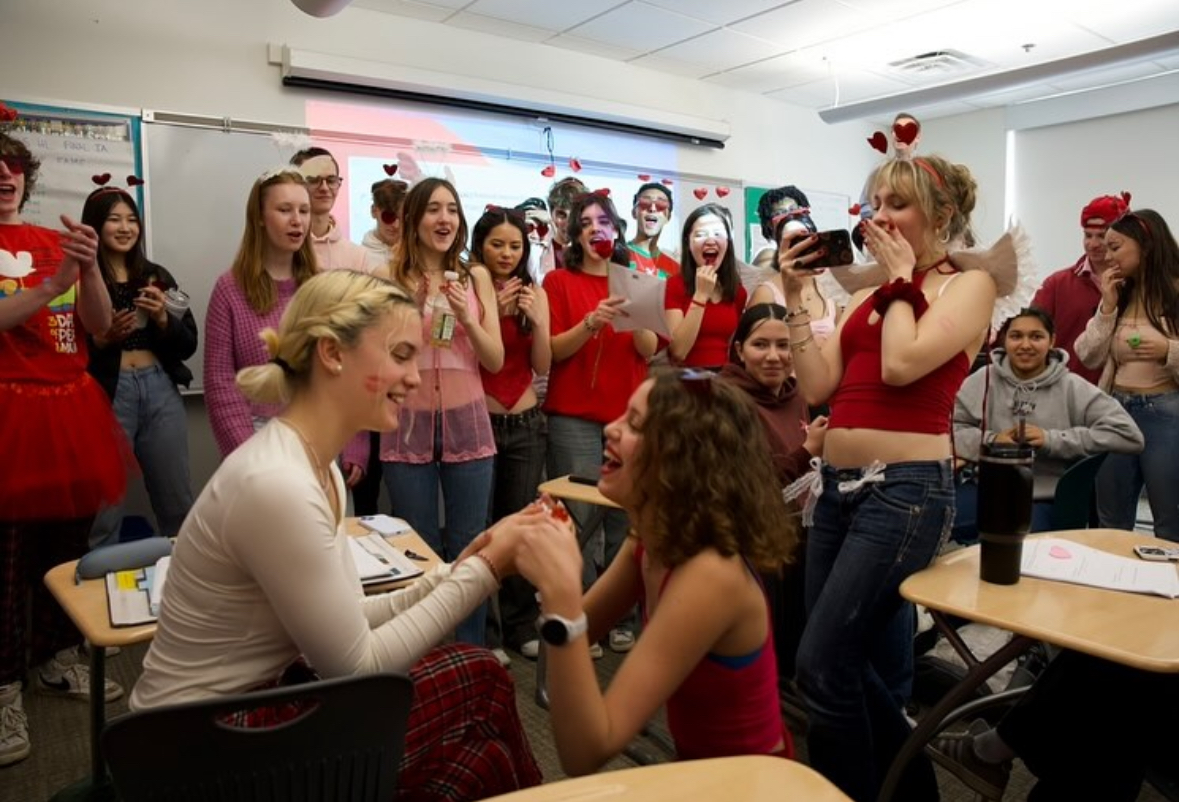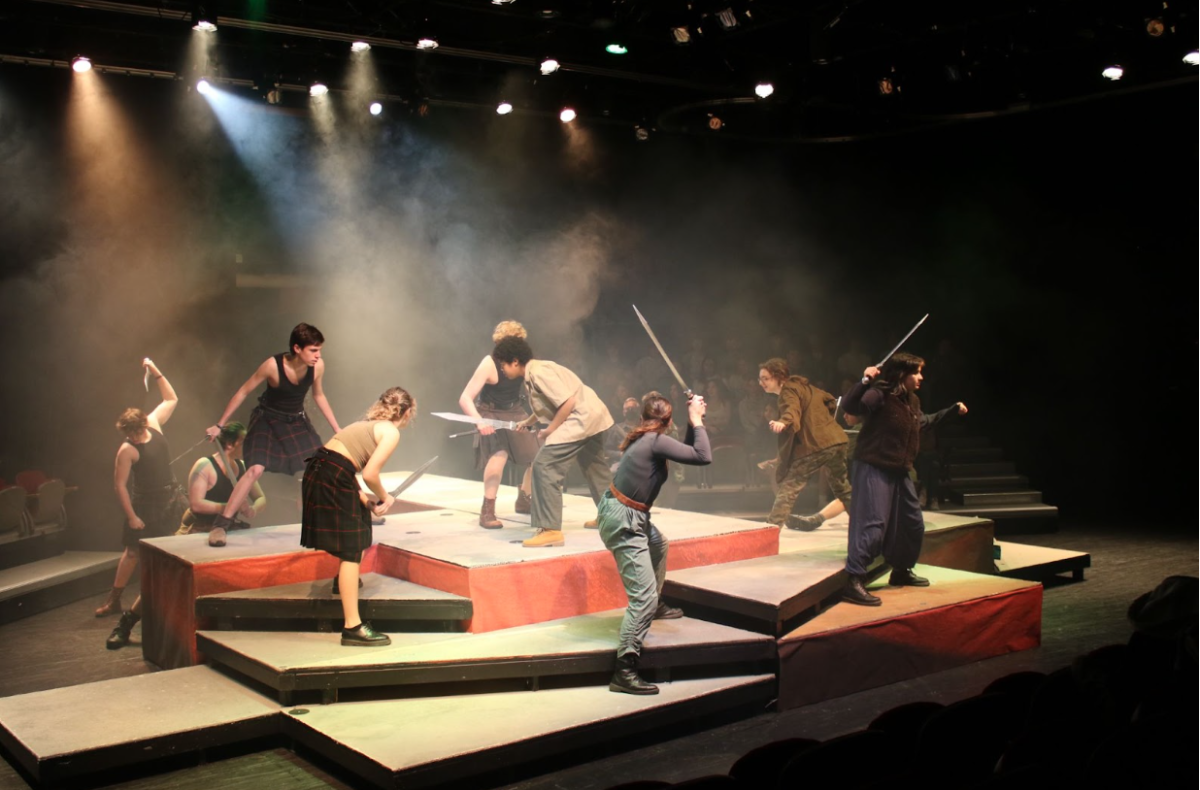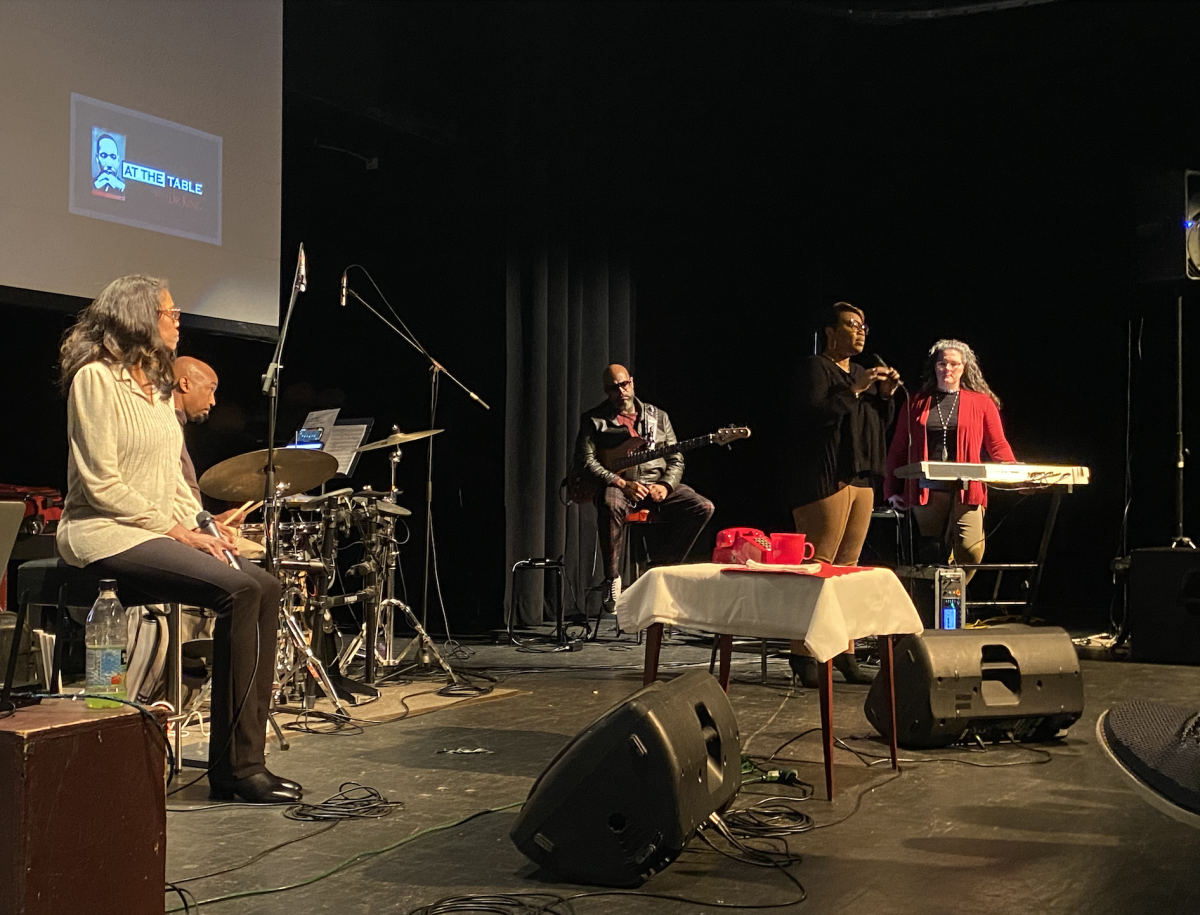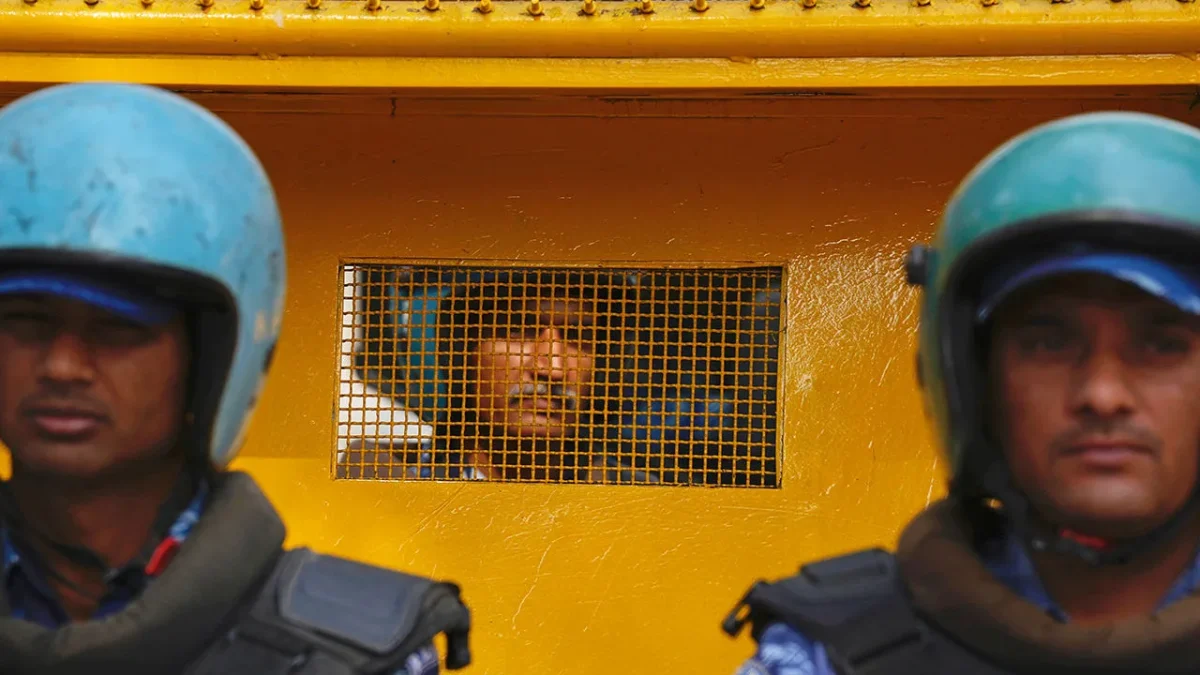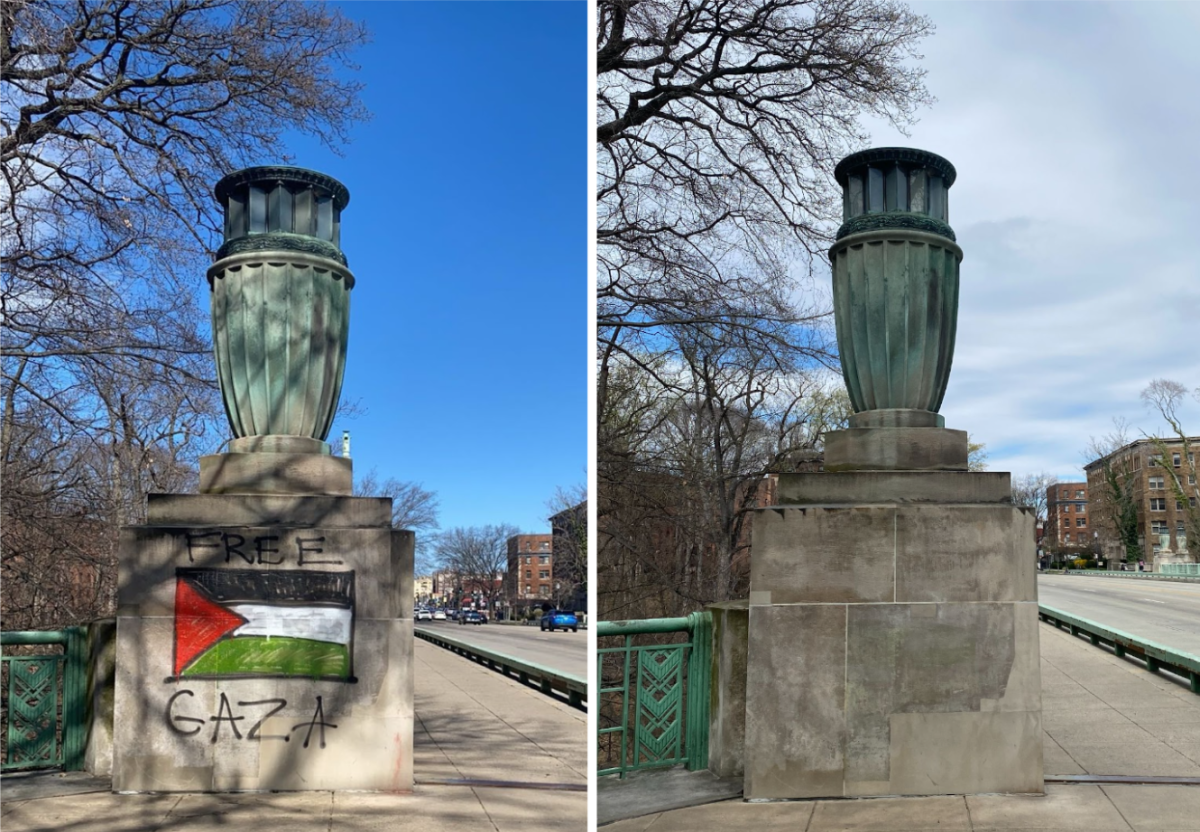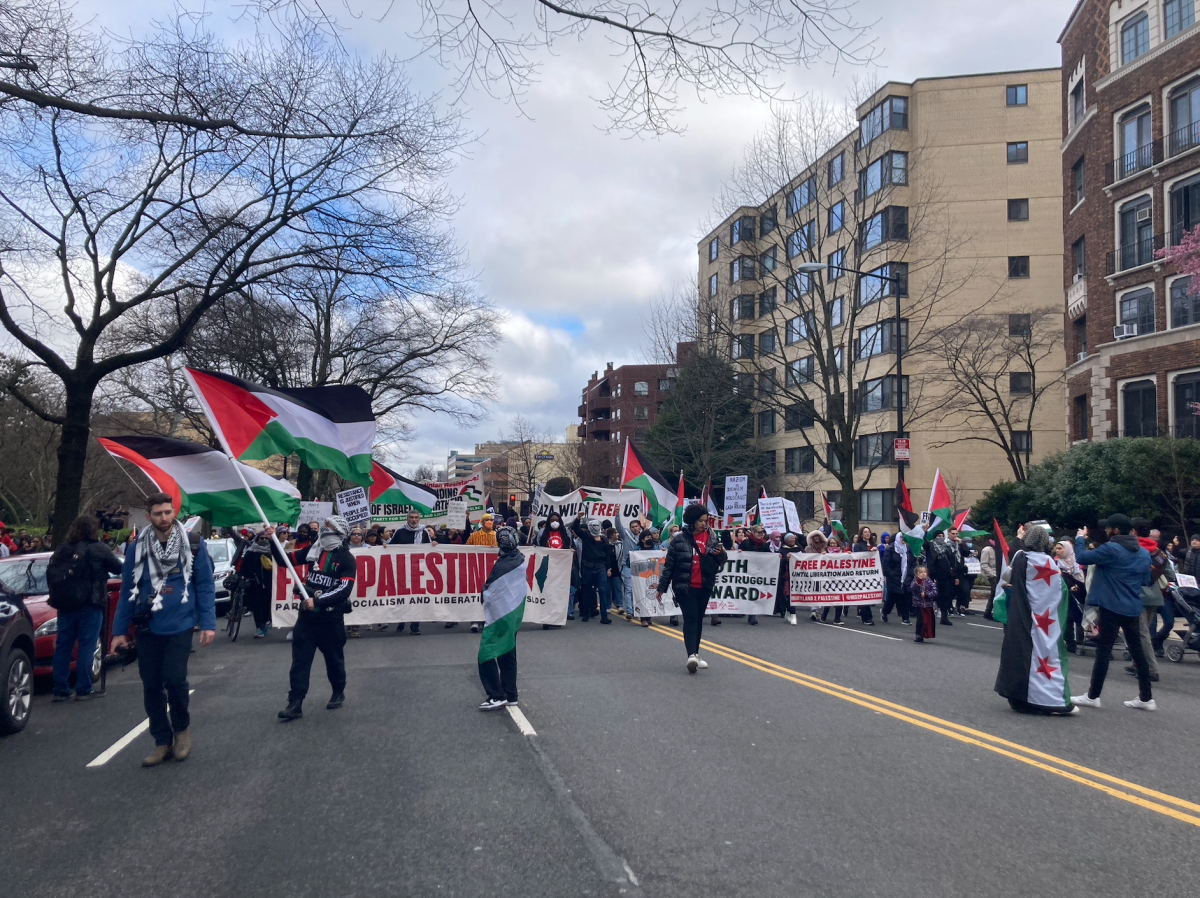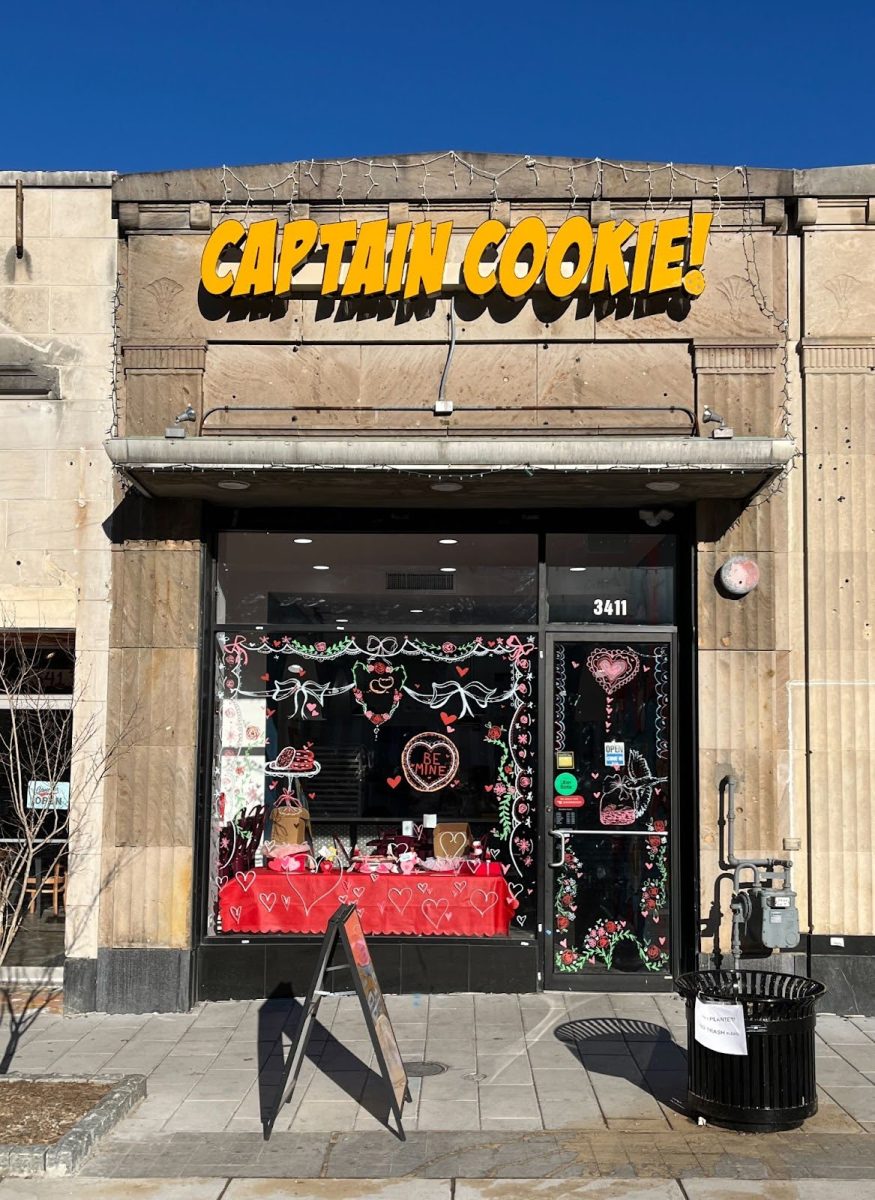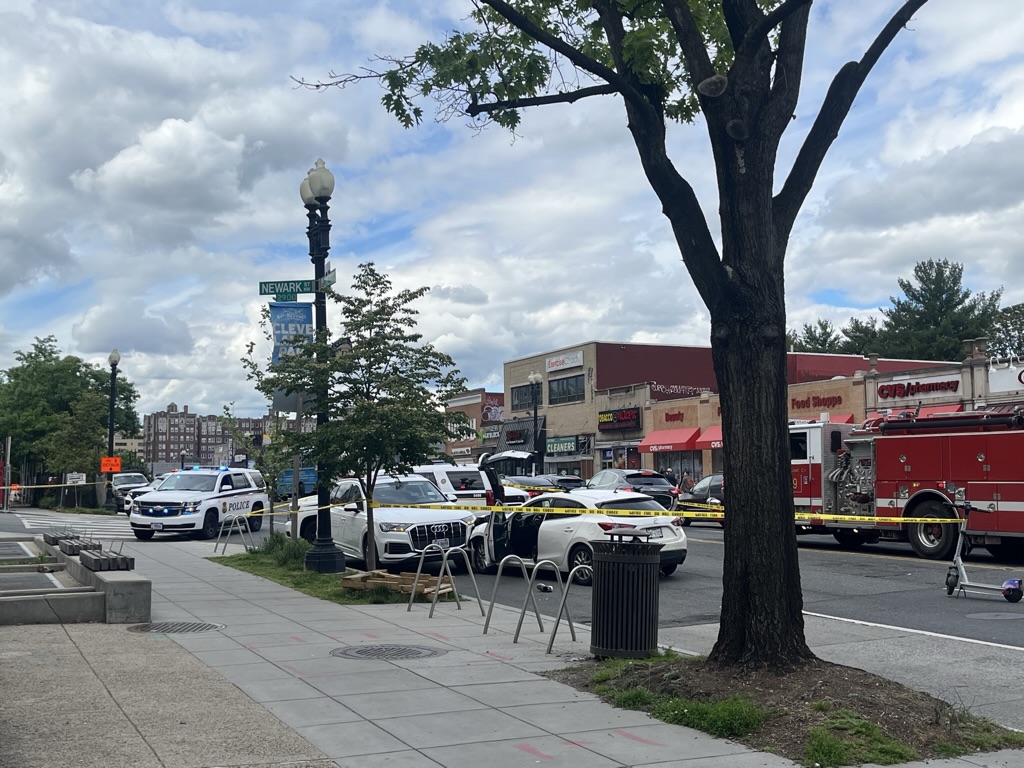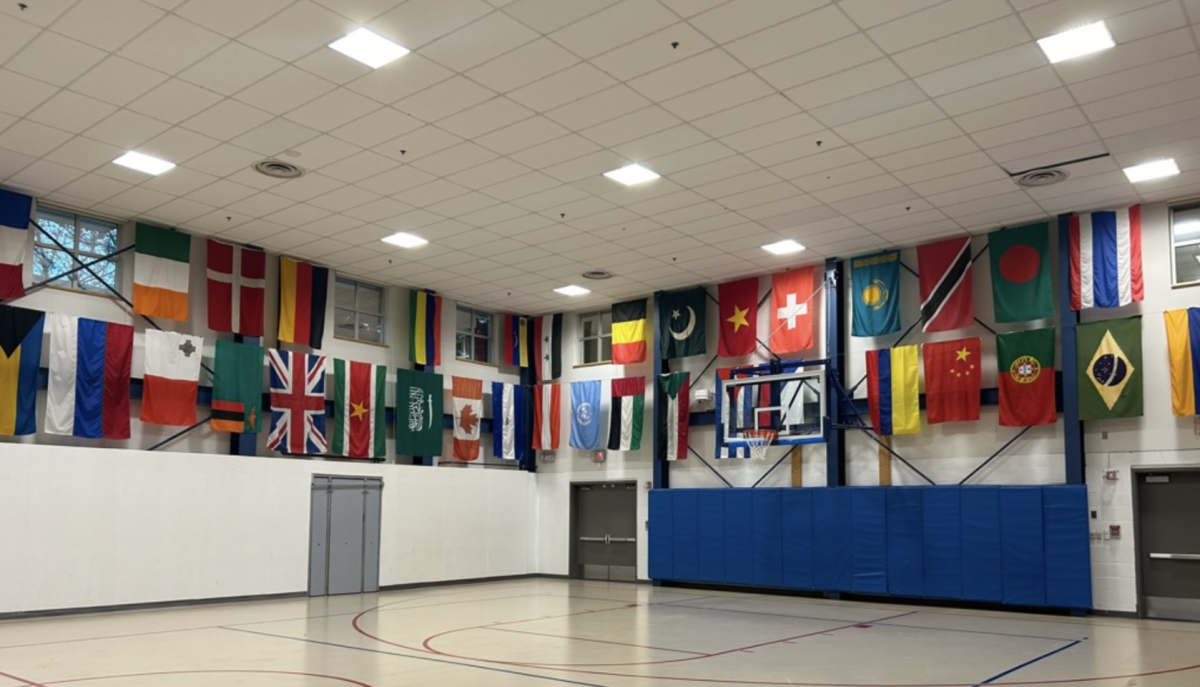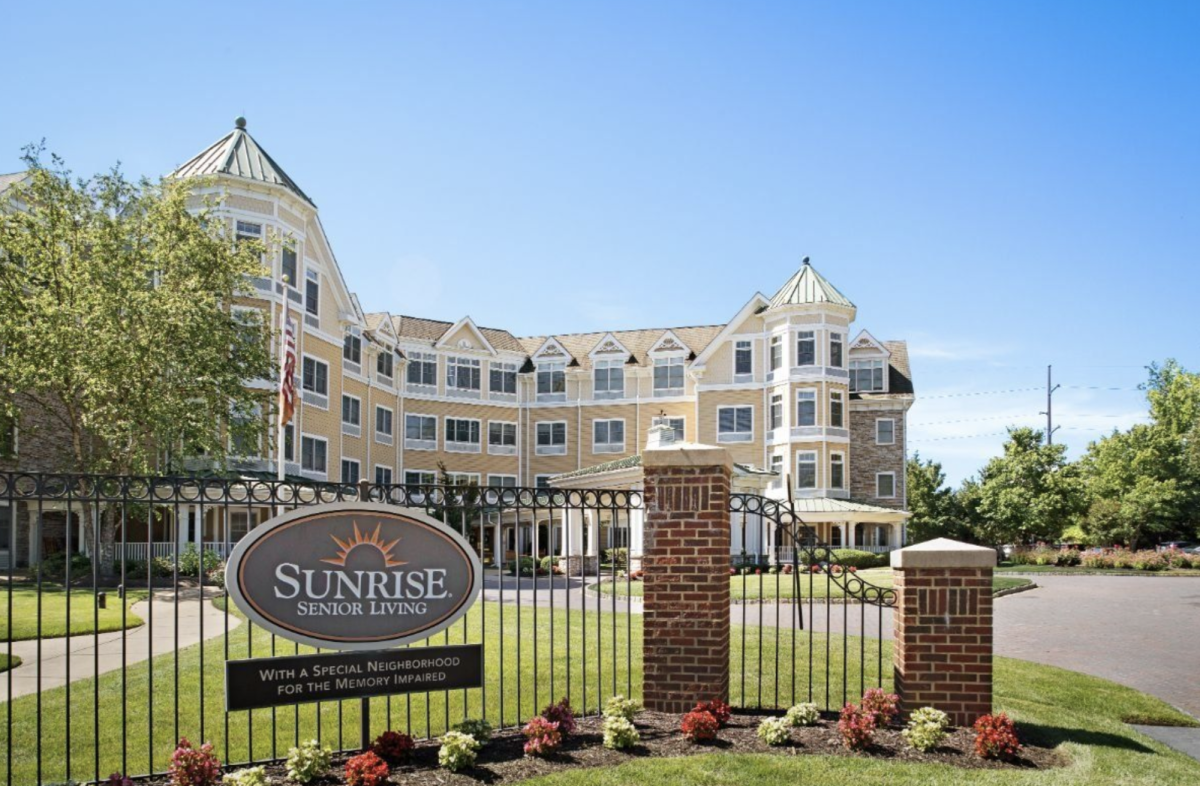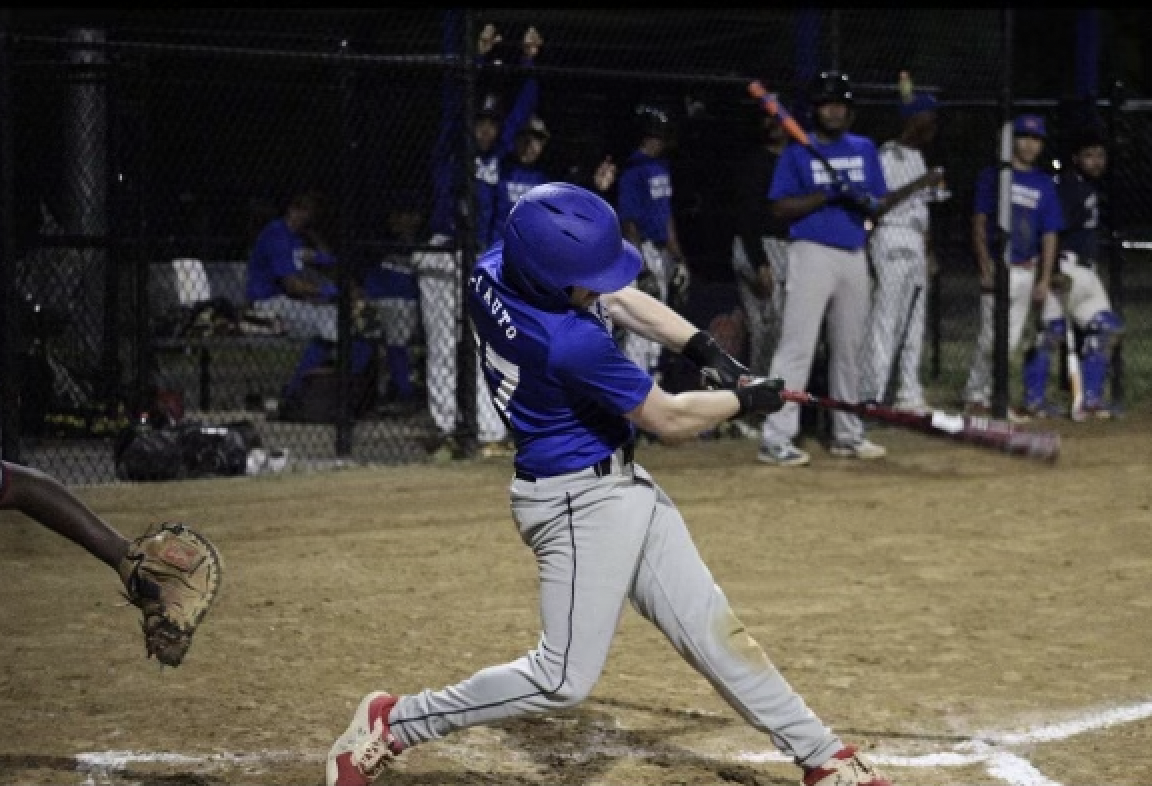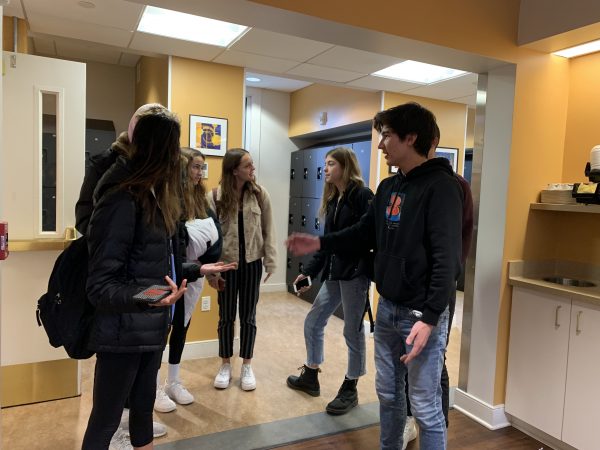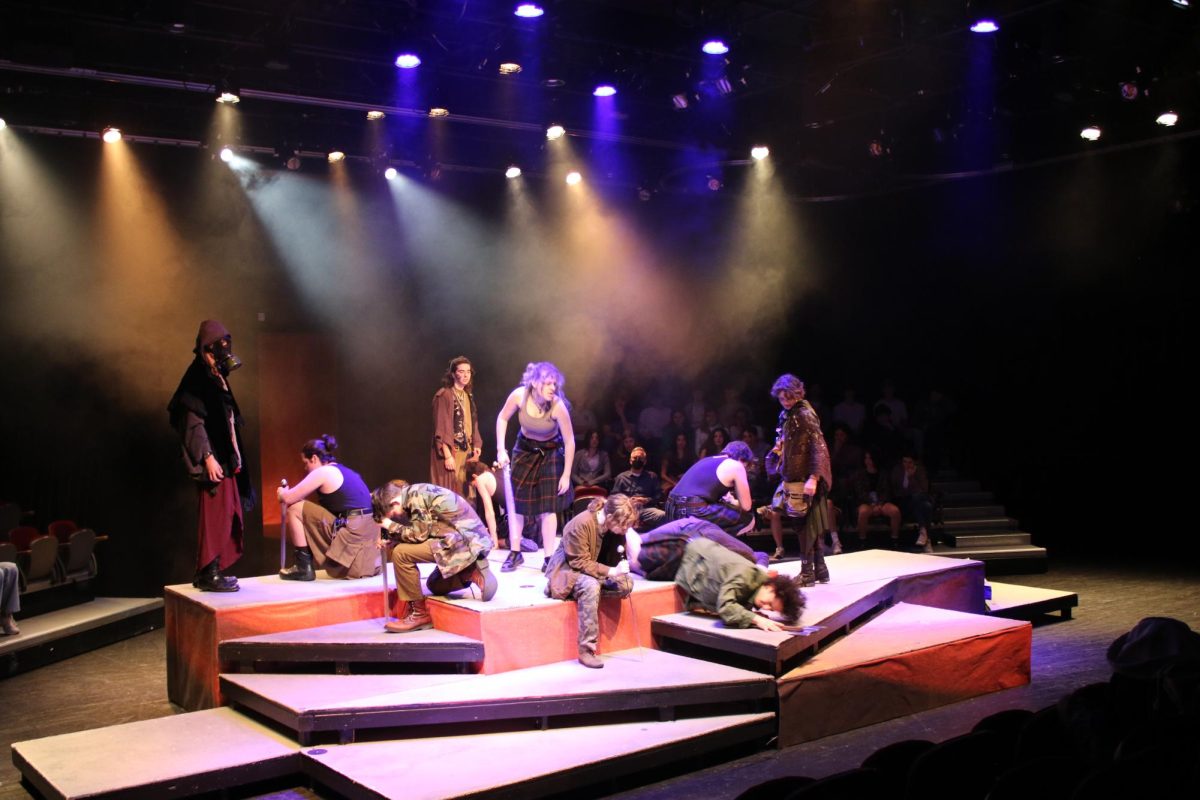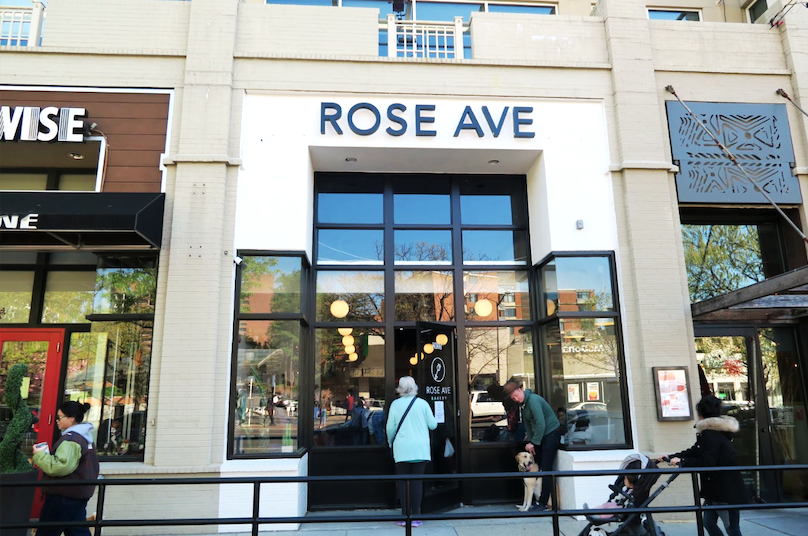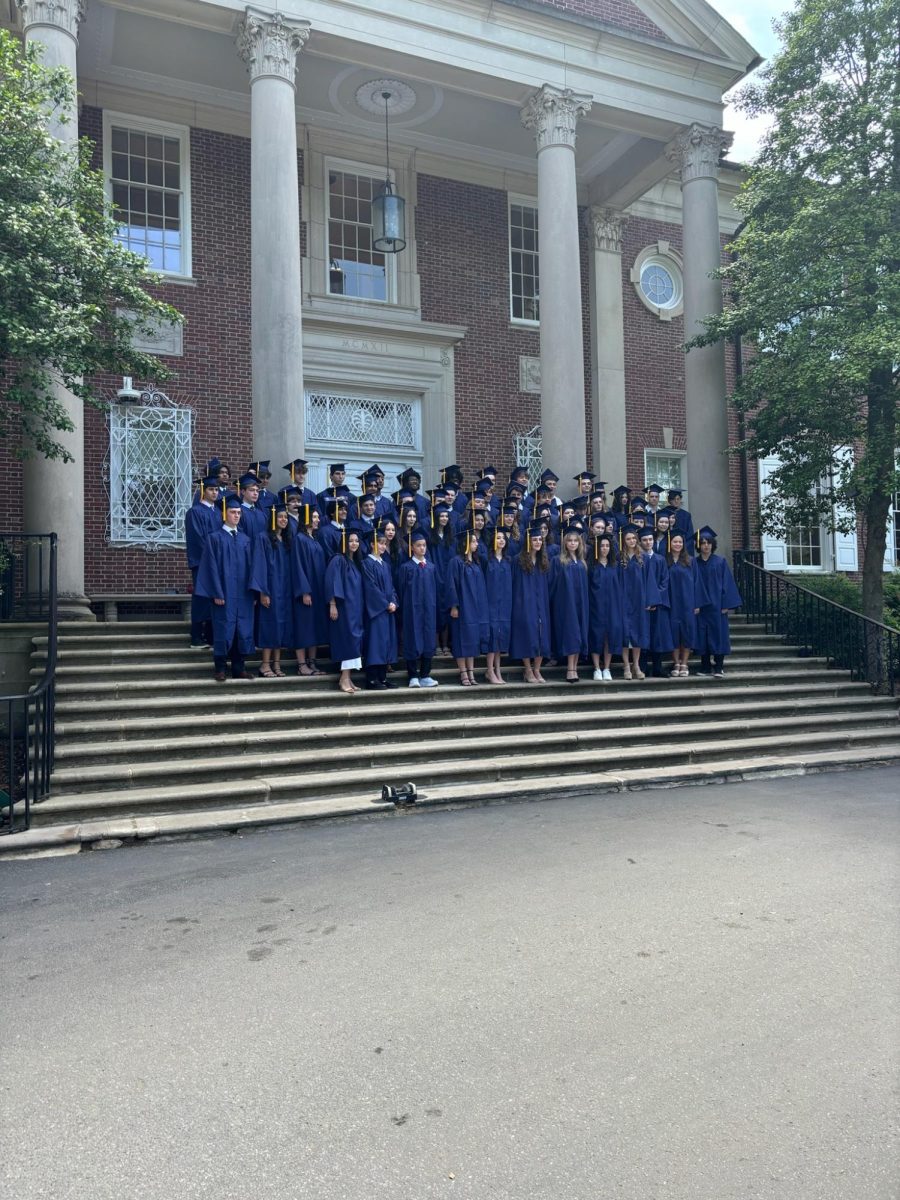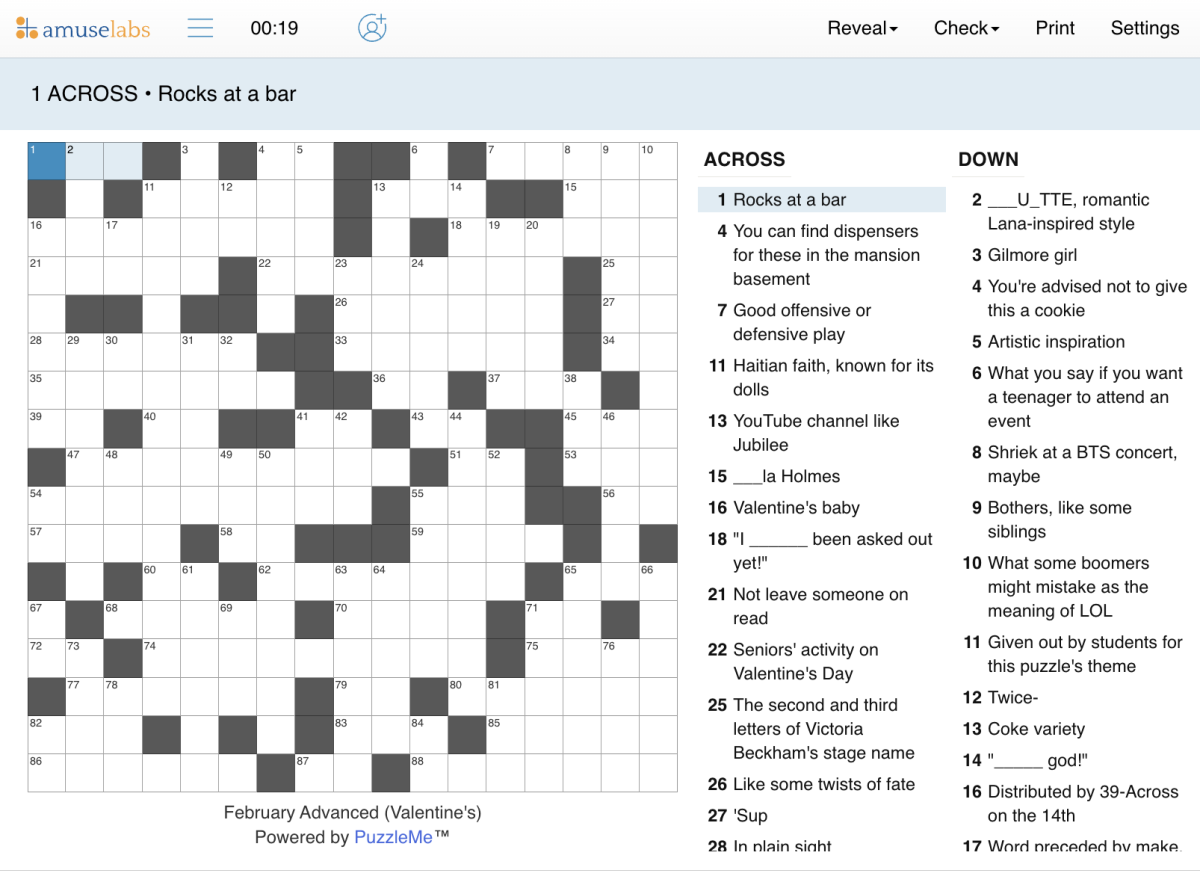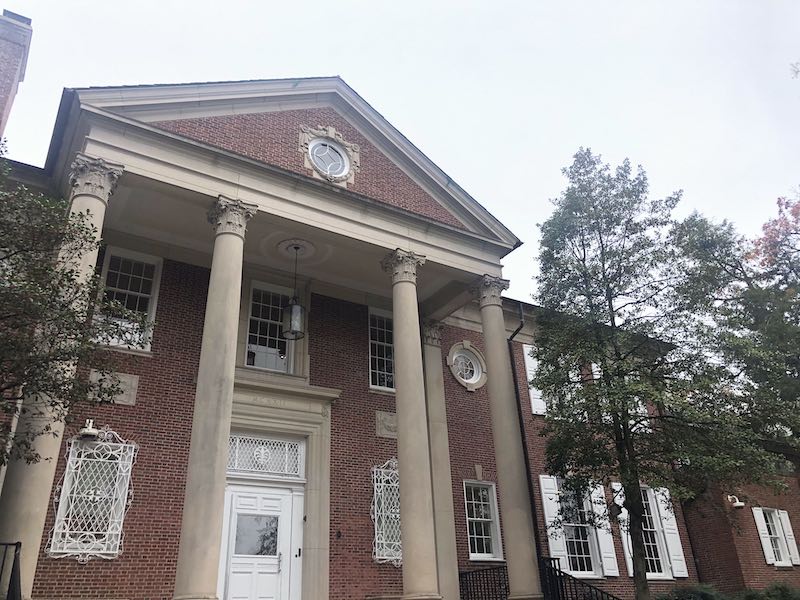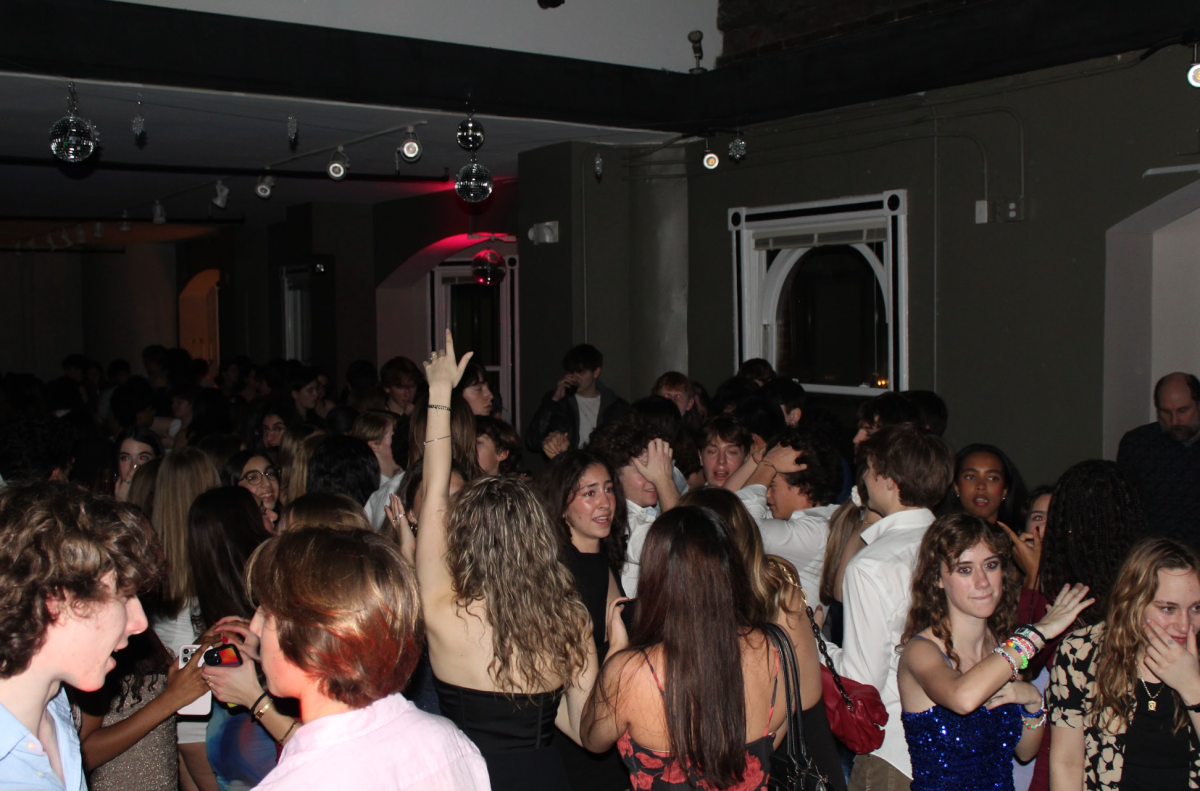Sexual abuse allegations at elite Northwest Washington D.C. private schools have been shedding light on decades of undocumented misconduct. WIS updated its procedures and plans regarding sexual misconduct this past year, in case any incidents were to occur.
Maret, a private school neighboring WIS, released an internal investigation at the beginning of the 2019-2020 school year, that revealed that four faculty members were suspected of sexually harassing students between 1975-2008. According to the Washington Post, the issue arose when a Maret alum contacted the school regarding abuse that they experienced while at the school and felt it was not properly handled at the time of the incident.
The report details “sexual intercourse, inappropriate touching with students, and grooming vulnerable students for sex,” according to the Post.
Marjo Talbott, the Maret head of school, wrote in a statement, “the findings of the independent investigation are sobering. […] We deeply apologize for the impact these transgressions have had on the lives of those affected.”
A similar article, also published by the Washington Post, details previously unexposed sexual misconduct at the National Cathedral School (NCS), another elite private school in NW Washington, D.C.
NCS, St. Albans, and the Beauvoir School launched an investigation, which documented allegations against 16 members of staff, with the majority of incidents occurring between 1950-1980.
NCS sent out an email to their community, which stated that the investigation had revealed “incidents from our past that are deeply troubling,” according to the Washington Post.
Suzanna Jemsby, the head of school at WIS, believes that the reason Maret’s case, and many like theirs, are only being documented now is because of changing social norms, along with people’s views about what is appropriate.
“I think some of it is empowerment from society at large, the #MeToo movement, people realizing that it’s ok to speak up,” Jemsby said.
Natasha Bhalla, the associate head of school at WIS, speaking from her personal point of view and not as a representative of WIS, reiterated Jemsby’s perspective, especially with how society is changing in a way that makes it seem like the victim will not be blamed.
“I think that the #MeToo movement has shown […] women and men the idea that there can be action attached to making the accusation. I think before there was always a sense that the victim would somehow become the person who’s put on trial,” Bhalla said.
The updated version of WIS’ community handbook states, “WIS is committed to safeguarding minors from physical, mental, or sexual abuse, neglect, or other potential harm. […] Sexual harassment will not be tolerated toward any member of the school community.”
With all the cases of sexual abuse and harassment coming up at schools around DC, WIS decided to update its procedure, in case any sexual abuse or harassment were to occur, for the 2019-2020 school year. The procedure was created by the school’s child protection team consisting of Jemsby, Bhalla, the principals, guidance counselors, and a few other members of the WIS community.
Currently, the child protection team meets monthly to train teachers, inform students and to ensure that all of the policies put in place are in the best interest of the students.
“We have a crisis handbook, which lays out all of our procedures and how we would go about it, it depends on the nature of what happens as to whether we would be calling the authorities for example,” Jemsby said.
WIS continues to take preventative measures to avoid situations where any of the procedures would be necessary.
Many teachers have previously worked overseas or in a different country, so WIS uses many sources for background checks to avoid teacher-student incidents.
“[The] background checks [look at] DC, national, international databases, as well as the sex offender registry, so we know that everyone who is working here has a clean background,” Bhalla said.
Another step that WIS takes to prevent sexual abuse or harassment between students and/or between teachers, is informing teachers about what sexual abuse looks like, how to handle situations, and mandating that teachers report sexual abuse
“We [teachers] are bound by law to be mandated reporters, which means if any child, any minor is in any kind of danger from an adult we have to report that,” Anne Hutchinson, the upper school counselor, said.
According to Randy Althaus, the middle school principal, WIS requires teachers to do an online course that is provided by the DC government.
“Every year, here at WIS,[…] we have rigorous training and retraining for all our faculty, but that’s somewhat recent in the world of education,” Jemsby said.
WIS has procedures in place and does as much as they can to prevent sexual abuse from occurring at school. However, faculty and staff are prepared for a situation with each person having a role should an incident occur at WIS.
Jemsby ensures that all WIS teachers know the consequences of being responsible for a sexual misconduct incident at school.
“You know what you’re taking on as a teacher, you know that your job is to educate and to protect minors and if you decide to violate that, that is the biggest violation in our profession and you should expect the consequences that come your way,” Jemsby said.
By Emily Muenzer and Rebeka Tathan
Additional Reporting byYe’Amlak Zegeye

